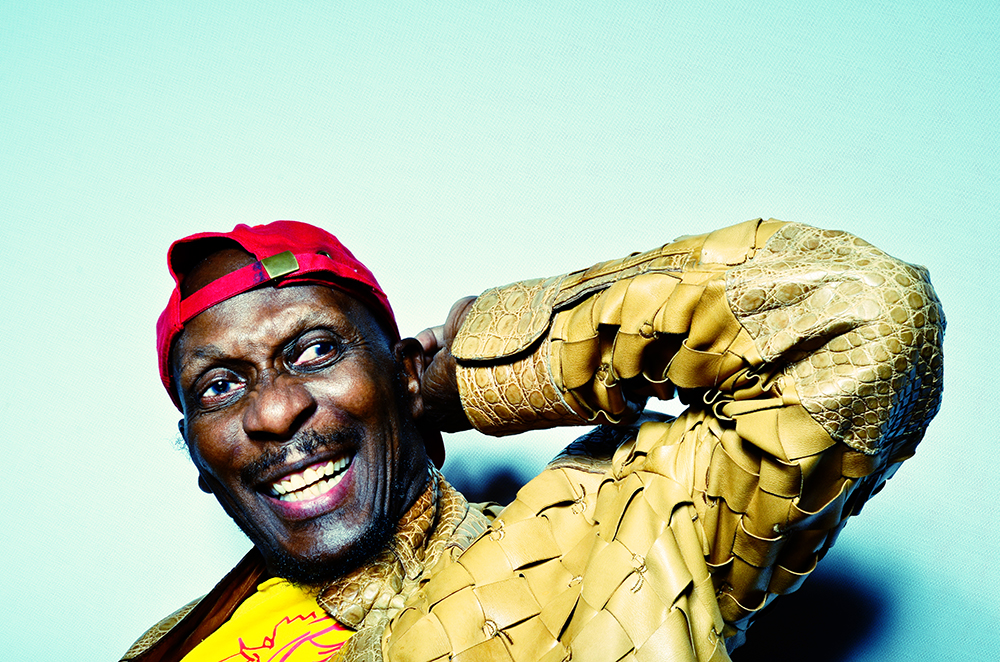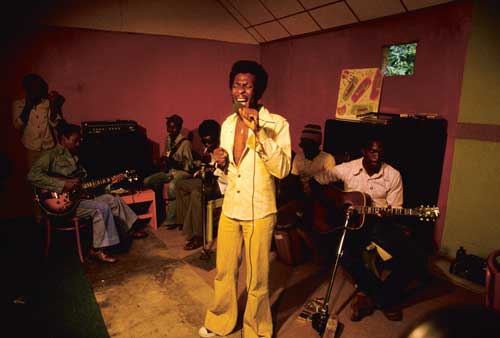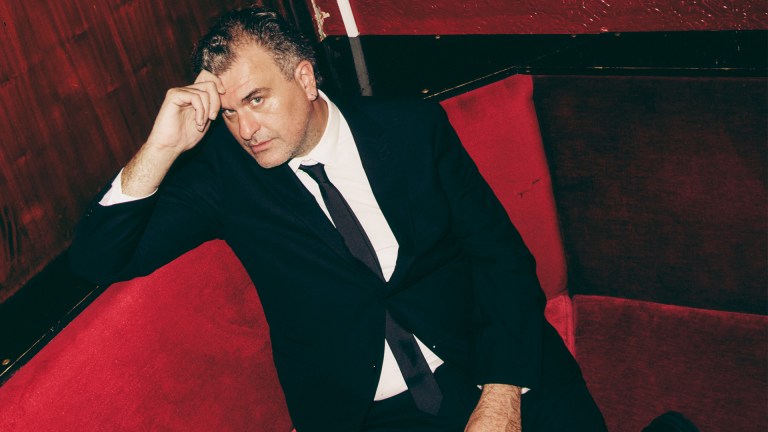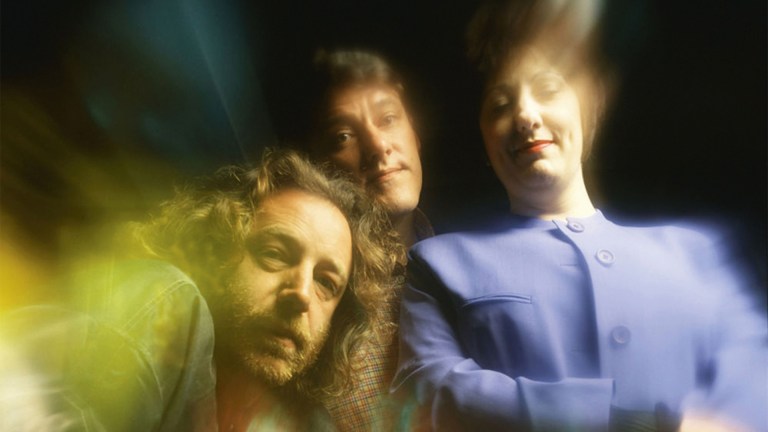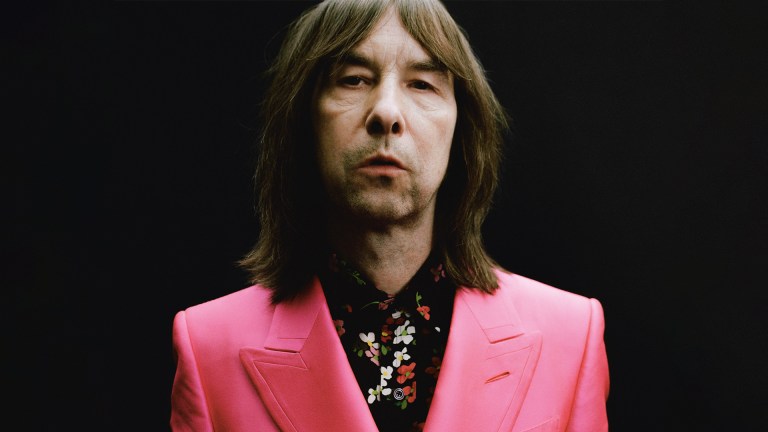I had been writing music for years by the time I was 16. The process started in school when I was maybe nine or 10. The inspiration was hearing a song by a local artist by the name of Derrick Morgan on the radio. I thought, if local artists are doing things and getting on the radio, maybe I can do it too.
Before music, really and truly, my passion at the time was to go to the river and swim with my friends. But then they used to put on school plays and little concerts and that became a passion. I realised people took notice of me when I did that. I loved the applause. Because I was what you would call a rude kid. Not a well-behaved kid – not everybody liked me. So it was good to be liked.
Looking back now, I had done a lot for a young person. Then, I didn’t think so. I just thought I was doing something I loved. But I had already had a hit single, recorded songs and moved to Kingston. My father sent me there to go to college and I stayed for one year. Within that year, I was auditioning for a concert and I saw again that people gravitated towards me, so I dropped out of college.
What are you doing here? Don’t you know we don’t have coloured people here?
Kingston was very strange to me. Strange people. Nobody says hello or good morning, which was what I was used to in the country. It was a big culture shock. In the country it was very relaxed and peaceful, which was great. But the hustle and bustle of the city awakened another part of my brain, gave me energy.
I represented Jamaica at the World Fair aged 16. For me it was exciting to go from Jamaica to New York – and another culture shock. If I thought Kingston was big, New York was huge! It was exciting for me to go there and perform at a huge event. I welcomed the whole thing. No one in America had heard the ska music I was playing. I suppose I have been representing Jamaica ever since. But unconsciously – I represent myself, but I have always loved being Jamaican. So I am proud to represent them.
It was difficult when I first came to England in 1965. At that time, I didn’t even have a proper visa, so they wanted to send me back. Finally I got to come into the country, which was yet another culture shock – wow, where does all this fog come from? Why do all the houses have this thing on the top, which was a chimney. I thought they were all factories. No wonder people come here to get jobs!
